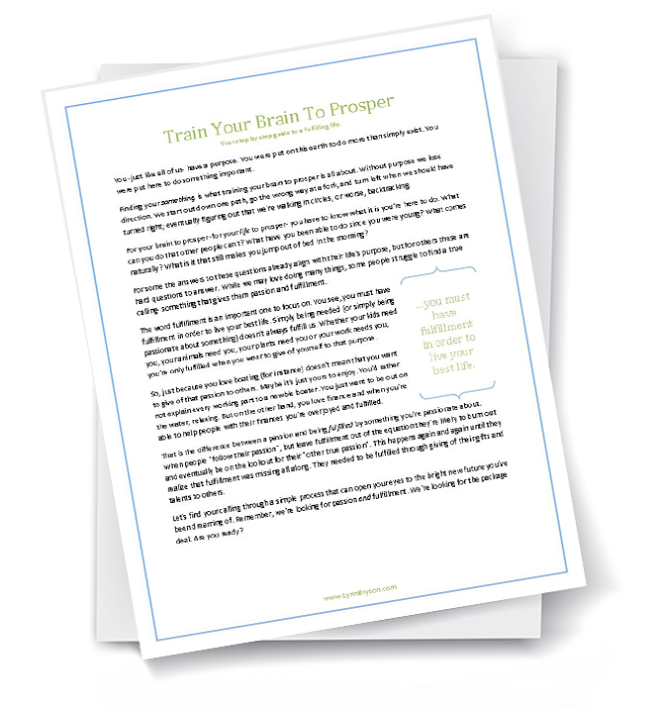When you’ve been so stressed that you’re approaching burnout, self-talk can make or break you. It has such a significant role that self-talk can be both a symptom of burnout and a contributing factor.
What is self-talk
Self-talk is how you speak to yourself within your mind. Self-talk is the main determinant for how you feel about yourself because it consists of evaluations and opinions of how you’re doing. If your self-talk is constantly reminding you of things you did wrong or aren’t good at, then your perception of your own value will suffer over time.
How can self-talk influence burnout?
Negative self-talk will cause you to feel bad about yourself. We apparently process non-verbal communication much faster than verbal, in fact, around 6 times more words per minute for non-verbal. That shows just how dominating your thoughts can be at 1000 words per minute.
When these thoughts are negative and become circular, your brain releases more adrenaline and more cortisol, which are the stress-hormones. More stress-hormones are the last thing you need at this point, because you’ll be in a perpetual state of tension, anxiety and even emotional paralysis.
On the contrary, positive self-talk can act as a buffer to burnout.
You see, burnout comes with an inherent penchant for pessimism, even if you used to have a glass-half-full mentality. Burnout is associated with being overwhelmed and discontented, resulting in worthlessness and helplessness. This can cause you to have a reduced sense of trust in family, friends and work colleagues.
When trust starts to plummet, your relationships will see more tension and feelings of underappreciation. This often leads to feeling isolated as you struggle to cope and relate to those around you. Negative self-talk is also a feature of anxiety and depression, which tends to arise in conjunction with burnout.
Can you change your self-talk?
The good news is that you do have control over self-talk. Depending on how long you’ve been experience negative self-talk, it can take up to three months to really turn it around. The first thing you’ll want to do is tell yourself repeatedly that yes, you actually can and will change your self-talk for the better.
How can you change your self-talk?
Awareness
Pay attention to how you’re speaking to yourself. What are you specifically saying and is it having a negative effect on you?
Question the validity
Do you know why you are focusing on those particular thoughts? Consider them objectively. Are they really true? Are you just jumping to conclusions? They’re probably not true, because, as I mentioned before, self-talk consists of evaluations and opinions, not facts.
Find perspective
Do you think that’s a reasonable thing to be telling yourself? Will it even matter next week or next year? Could you portray the thought in a more positive light? What would that look like? Would it be worth doing that to help you feel better about yourself?
The alternative
What is something positive I could replace that negative thought with? Try this to develop some positive self-talk:
- Consider your strengths.
- Accept compliments from people and repeat them to yourself until you believe them.
- Every time you have a negative thought about yourself, counter it with a positive thought.
- Come up with a mantra so you have a go-to response if you’re struggling to come up with a positive quickly or it’s an inconvenient time (e.g. during a presentation at work).
Remember, you can change your self-talk for the better. Use positive self-talk to give yourself confidence and cope well when faced with stressors.
Pick one negative recurring thought that you have. In the comments, let me know what a positive version of that thought would look like.


Leave a Reply